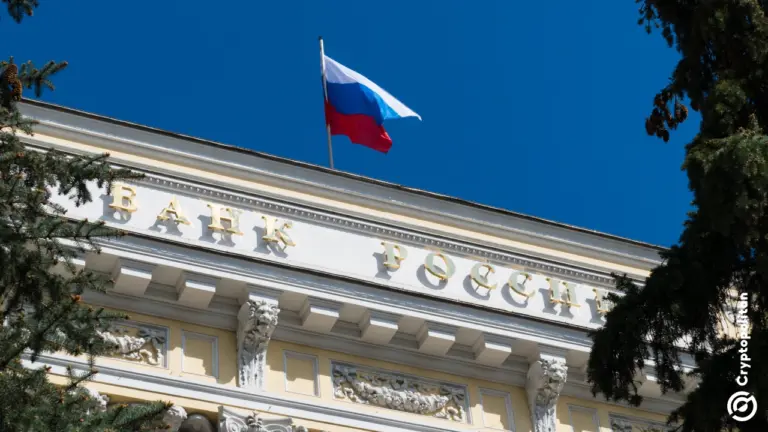France’s RN Pushes Nuclear Power for Bitcoin Mining
- RN drafts bill for Bitcoin mining using nuclear power.
- Policy shift focuses on nuclear energy utilization.
- Marine Le Pen endorses secure and profitable energy use.
France’s Rassemblement National party is drafting a bill to use nuclear energy for Bitcoin mining, shifting its historical stance, announced by Marine Le Pen and Aurélien Lopez-Liguori.
This policy marks a significant shift, impacting the Bitcoin market by potentially utilizing France’s surplus energy, reflecting growing interest in sustainable crypto mining practices.
The French far-right party Rassemblement National (RN) is drafting legislation to use surplus electricity from nuclear power plants for Bitcoin mining. This represents a notable policy shift for the party, known for its previous stance on cryptocurrencies.
Key figures driving this change include Marine Le Pen, RN President, and Aurélien Lopez-Liguori, a party lawmaker. Le Pen’s recent advocacy for Bitcoin mining marks a departure from her 2016 anti-crypto position.
Marine Le Pen, President, Rassemblement National, stated in Le Monde to “Turn wasted electricity into ‘secure and extremely profitable’ digital assets.”
On a recent visit to the Flamanville plant , Le Pen promoted monetizing nuclear energy for Bitcoin mining as “secure and extremely profitable.” This initiative may impact the Bitcoin market if implemented successfully.
The RN’s proposal utilizes idle nuclear energy produced by EDF, potentially affecting financial and institutional landscapes. However, no specific funding details have been shared by the party or government entities.
At present, Bitcoin is the primary focus of this energy initiative. The broader effects on other cryptocurrencies remain speculative, as the bill is still a draft.
France’s historical emphasis on nuclear energy could drive significant outcomes for Bitcoin mining. Comparable initiatives in the U.S. and Russia indicate possible hash rate shifts and infrastructure growth, emphasizing strategic use of national energy surpluses.
Disclaimer: The content of this article solely reflects the author's opinion and does not represent the platform in any capacity. This article is not intended to serve as a reference for making investment decisions.
You may also like
Zuck, Meta launch a super PAC focused on AI regulation in Silicon Valley’s home state
Share link:In this post: Meta launched a new California super PAC to support candidates who oppose strict AI regulation. The company is spending tens of millions ahead of the 2026 governor’s race. Meta has already lobbied against SB 53 and donated over $700,000 to influence state politics.
Firms queue for government underwater defense spending after multibillion-dollar aerial tech boost
Share link:In this post: Defense companies and start-ups are competing for new multibillion-dollar government spending on underwater defense. Major firms are now investing in AI-driven autonomous submarines, underwater drones, and seabed sensor networks. NATO’s Digital Ocean Vision and national projects like the UK’s Project Cabot are driving demand for resilient, real-time data systems to counter growing undersea threats.
Russia to make life harder for banks working with crypto
Share link:In this post: Bank of Russia prepares stricter rules for crypto operations. Russia’s main financial regulator has informed banks about its plans. The central bank claims it wants to reduce risks for Russian banks and their clients.

S&P 500 closes in the green as Wall Street shrugs off Trump’s Fed drama
Share link:In this post: The S&P 500 rose 0.41% on Tuesday despite Trump firing Fed Governor Lisa Cook. Long-term Treasury yields climbed while the U.S. dollar dropped 0.2% after the Fed shakeup. Hedge funds heavily shorted the VIX, repeating risky bets seen before past volatility spikes.
